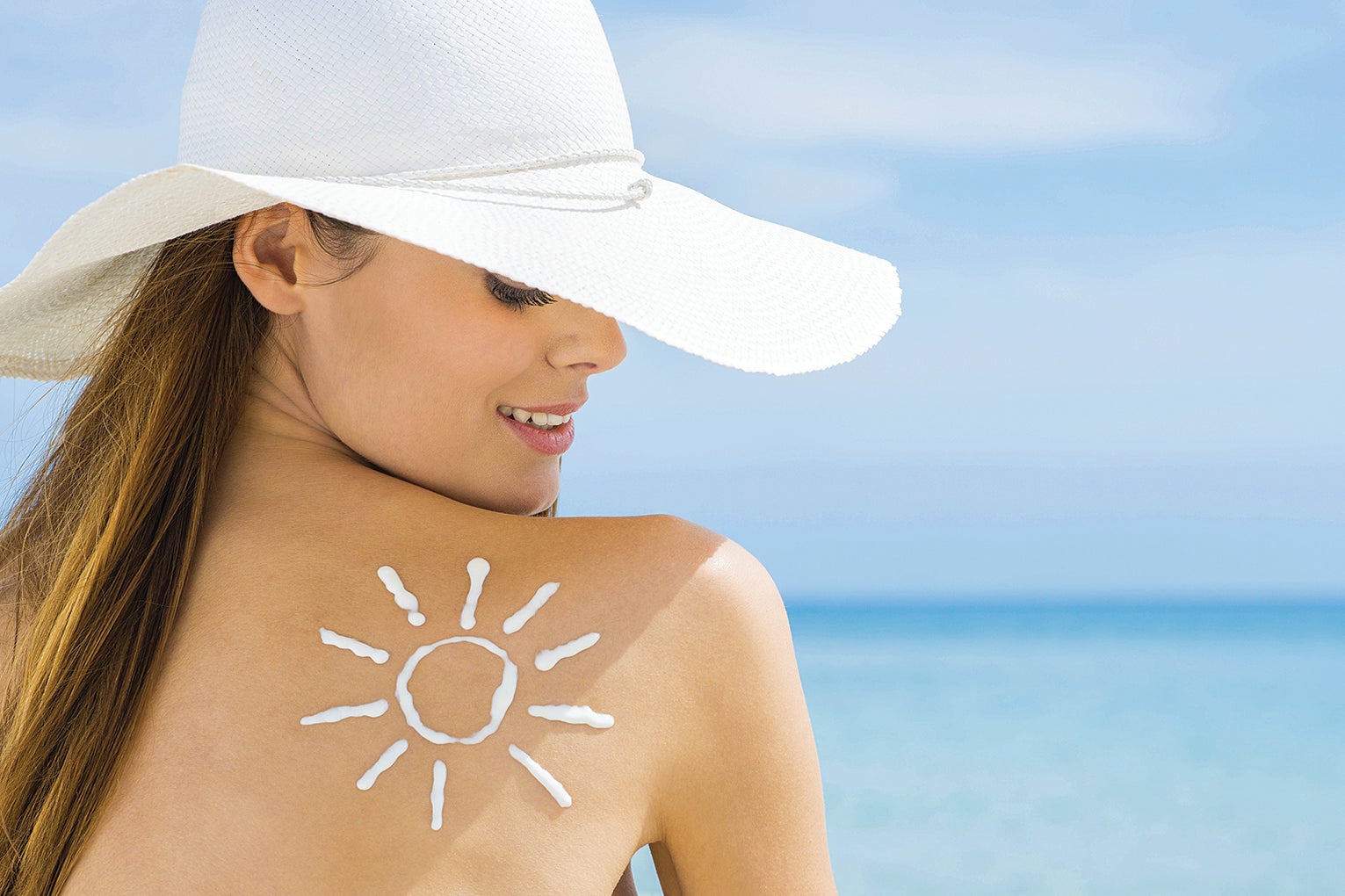Safety reminders for the summer heat and sun
Published 6:00 am Sunday, April 9, 2017
By Patty Hudek
Warmer days are becoming more frequent, school will be out before we know it, and many will be spending increasing hours outdoors. Spending time outdoors and engaging in more physical activity is good for us, but we must remember to protect ourselves from the summer sun and heat as much as possible. Exposure to ultraviolet radiation (UV) can be harmful to the skin, and may cause skin cancer. Overexposure to heat and high temperatures may also lead to heat exhaustion or stroke. Here are some ways you can protect yourself from too much sun:
Limit sun exposure between the hours of 10 a.m-4 p.m., when the sun is the strongest.
Wear loose-fitting protective clothing with long sleeves and long pants made of a tightly woven fabric.
Wear a wide-brimmed hat to protect the face, neck, and ears.
If you engage in water sports consider wearing a rash guard, which is an athletic shirt made of spandex and nylon or polyester. Rash guards protect against chafe and some provide protection from ultraviolet rays.
Apply about a palm-full of sunscreen with protection factor (SPF) 15 or higher to dry skin 30 minutes before going out into the sun. Reapply sunscreen liberally every two hours or more often if participating in water sports.
Reduce the risk of dehydration by drinking plenty of water on hot days. Don’t wait until you’re thirsty. Keep a water bottle close at hand and drink often.
Some medications increase your sensitivity to the sun. Be sure to check with your doctor about the medications you are taking and exposure to the sun.
Conditions such as age, obesity, fever, dehydration, heart disease, mental illness, poor circulation, excessive sunburn, prescription drugs and alcohol can all increase heat stress on the body.
Elderly people, infants, young children and people with chronic medical conditions are more sensitive to excessive heat and heat stress. Sensitive people should limit their time in direct sun and should seek shade and air-conditioned indoors spaces during the hottest part of the day.
Be sensible about the amount of time you spend in the sun. Avoid over-exposure that will result in sunburned skin.
If you become sunburned, calm skin irritation and heat by taking cool baths then applying a moisturizing skin cream that contains aloe.
Avoid heavy meals that can add stress to your body.
If you feel light-headed, confused, weak or faint, you should seek a cool place immediately and get help. These symptoms could be signs of heat exhaustion or even heat stroke, both of which can be serious medical conditions.
Patty Hudek is an extension agent at the Lafayette County’s Extension Service on Veterans Drive. You can reach her at p.hudek@msstate.edu.






